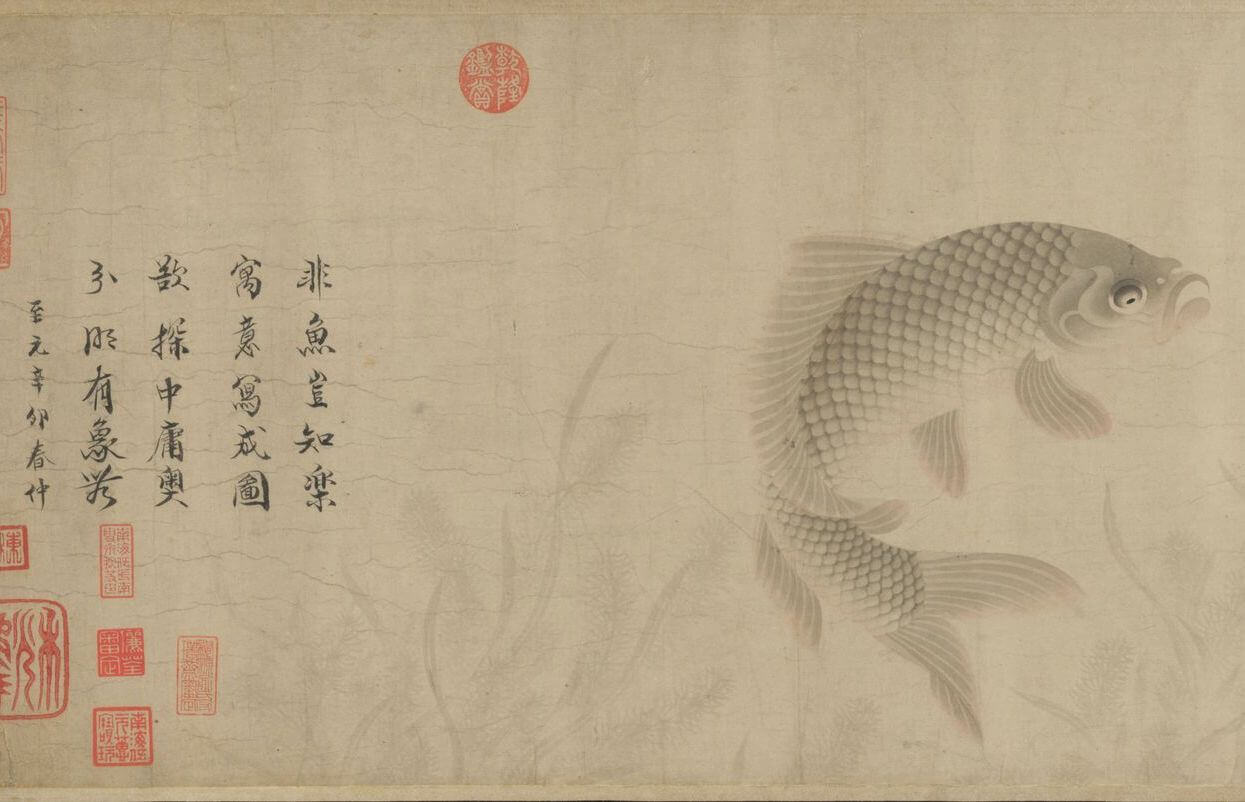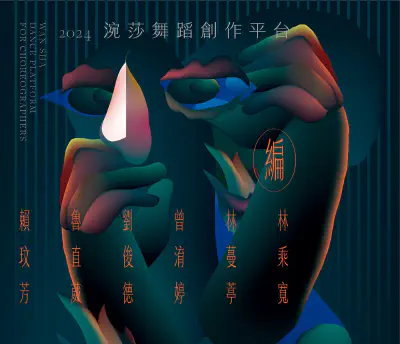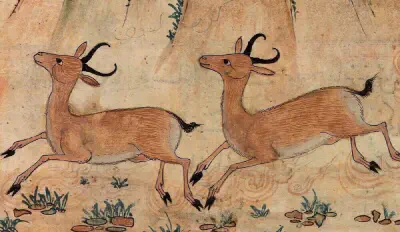Life
Hui Shi (c. 370 — c. 310 BCE) was a Chinese philosopher known for his fascination with logical puzzles. He is considered as a representative of the School of Names, or in Chinese ming jia (see the philosopher file on Deng Xi). Hui Shi is famous, in particular, for his puzzling paradoxes that seem to share some resemblances with those of Zeno of Elea.
As with so many figures in early Chinese thought, the historical Hui Shi is frustratingly elusive. The sources more or less agree that he was a minister in the state of Wei, famous for his brilliance in argument, his love of word-play, and his enjoyment of paradox. And while some later accounts criticise him for his poor political judgement, even his enemies seemed to recognise his skill in weaving arguments.
Friends and adversaries
Some of the most famous passages about Hui Shi come from the Zhuangzi, where he is depicted as a friend and an adversary of the Daoist philosopher, Zhuang Zhou, also known as Zhuangzi. It is probably best to see these stories as fictional. But they say something about how Hui Shi was considered in the eyes of his contemporaries, and in the eyes of those who came after him.
From the stories in the Zhuangzi, it appears that the two philosophers disagreed about almost everything. And as a whole, the Zhuangzi is unsparing in its criticism of Hui Shi. In one dialogue, Zhuangzi accuses Hui Shi of having “a lot of tangled weeds clogging up his mind.” But despite this robust criticism, the two philosophers nevertheless manage to get on. One of their most famous dialogues concerns the happiness of fish.
Zhuangzi and Huizi [Hui Shi] were strolling along the bridge over the Hao River. Zhuangzi said, “The minnows swim about so freely, following the openings wherever they take them. Such is the happiness of fish.” Huizi said, “You are not a fish, so whence do you know the happiness of fish?” Zhuangzi said, “You are not I, so whence do you know I don’t know the happiness of fish?” Huizi said, “I am not you, to be sure, so I don’t know what it is to be you. But by the same token, since you are certainly not a fish, my point about your inability to know the happiness of fish stands intact.” Zhuangzi said, “Let’s go back to the starting point. You said, ‘Whence do you know the happiness of fish?’ Since your question was premised on your knowing that I know it, I must have known it from here, up above the Hao River.”
This passage about the happiness of fish gives rise to a multitude of questions that are often as slippery as the fish themselves. Can we understand fish? Can we conclude, as they dart through the reeds, that they are happy? By what means do we come to this conclusion? What if we see a fish out of water, gasping and flapping? Can we conclude that it is unhappy or distressed? Oddly, it seems easier to conclude that fish out of water are unhappy than it is to conclude that fish in water are happy. But why is this? And, for that matter, how can we understand each other, even if we are both human, and neither of us is a fish? How can we come to a mutual understanding? And once we have got there, how do we know we have got there? I am not you. You are not a fish. Where is the bridge that can unite us? Where can we stand to gain certain knowledge?
So, this little story raises all kinds of questions about knowledge, and how it is that we can claim to know anything at all. But it is worth remembering that it is also a story about two friends, wandering freely by the river, while they watch the fish wandering freely in the river below them. And as they wander, these two friends engage in a teasing, light-hearted debate about fish and pleasure. This story is not just about philosophical disagreements. It is also a model for how we should manage our disagreements.
Philosophy
Analogies: a hall of mirrors

Hui Shi was preoccupied with questions about knowledge. And so, it is no surprise that in the passage from the Zhuangzi, he is found asking how do you know that the fish are happy?
From what we can reconstruct of his philosophy, it seems that for Hui Shi, all of our knowledge is tangled up with our ability to draw analogies. When we come across something new, we make sense of what it is by saying what it is like. This is how our knowledge of the world is built up: everything we know, we know by how it resembles something else.
Analogy helps us extend our knowledge of the world. And crucially, without using analogy, we are utterly lost. In a passage in the first century BCE text, the Shuo Yuan, there is a dialogue between Hui Shi and King Liang of Wei.
A guest said to King Liang, “When Huizi speaks of things, he is apt to use analogies. But if you forbade him to use analogies, then he would have nothing to say.” Then the king said, “Indeed!” The following day the king saw Huizi, and he addressed him, saying, “I would like you to speak of things, but to talk directly, without using any analogies.” Huizi replied, “If somebody turned up here today and asked what a dan was, and you replied, ‘A dan is like a dan,’ would this be informative?” The king replied, “It wouldn’t be.” “But if you go on to say, ‘a dan is like a bow, but it uses bamboo for its string,’ wouldn’t they then know?” The King said, “They would.” Then Huizi said, “This is how explanation works: by taking something that is known to inform about things that are not known. Thus we get people to know. Your demand that I give up on analogy is impossible.” And the king said, “Excellent!”
But if analogy is essential to our knowing, there is a problem. And the problem is this: the chain of analogies can go on forever: X is like Y is like Z is like P is like Q, and so on, ad infinitum. So there is no place to stand outside this perpetual proliferation of analogies, where our knowledge of the world can be firmly anchored.
Logical problems, and the love of all things
However, perhaps Hui Shi is most well-known for his logical problems. These appear in a number of ancient Chinese texts, including a list of ten logical problems at the end of the Zhuangzi. Most of these problems are about how all of our distinctions are always made from a certain point of view. When we shift our point of view, we often find the problems themselves also shift, change or even disappear.
Some of these problems seem close to the kinds of problems that Zeno of Elea chewed over. For example, the following paradox asks how a something with dimension can be made from infinitesimal points (for example, in the way a line is made from an infinity of dimensionless points in geometrical space).
What has no thickness cannot be piled up, and yet it extends for a thousand miles.
Another paradox, a bit less abstract and closer to home, says that:
Just as the sun slants as soon as it reaches high noon, all beings start dying as soon as they are born.
Life and death may seem to be the opposite of each other. But, Hui Shi suggests, seen differently, they are inseparable: living is also dying.
Hui Shi’s detractors paint him as the enemy of morality. They claim he is a philosopher who just loves tying people up in knots. But perhaps he is the opposite. Once we see that our knowledge of the world is slippery and perspectival, when we understand that we grasp things only through the power of analogy, then we can become more appreciative of the connections between things. And we can see that the distinctions we make are less stark than we imagine them to be.
And then—who knows?—perhaps this opens up a path to a kinder way of being in the world. At the end of the passage in the Zhuangzi, Hui Shi echoes an idea from the philosopher Mozi, who talked about “universal care.” But while Mozi suggested that we should care for all other human beings impartially, the perspective from Hui Shi is broader still. Seen from his radically perspectival position, all things are worthy of love: you, me, the fish swimming in the stream, the stream itself.
Love all things without exception, for heaven and earth are one body.
Further Reading
Books and articles
I have used Brook Ziporyn’s translation: Zhuangzi: the essential writings with selections from traditional commentaries (Hackett 2009).
The translation from the Shuo Yuan is my own. The source is the brilliant ctext.org. There is another translation by Christopher Harbsmeier in his paper “Humor in Ancient Chinese Philosophy”, published in Philosophy East and West 39:3 (1999), pp. 289-310.
Online Resources
See Chris Fraser’s article about the frustratingly elusive biography Hui Shi.



